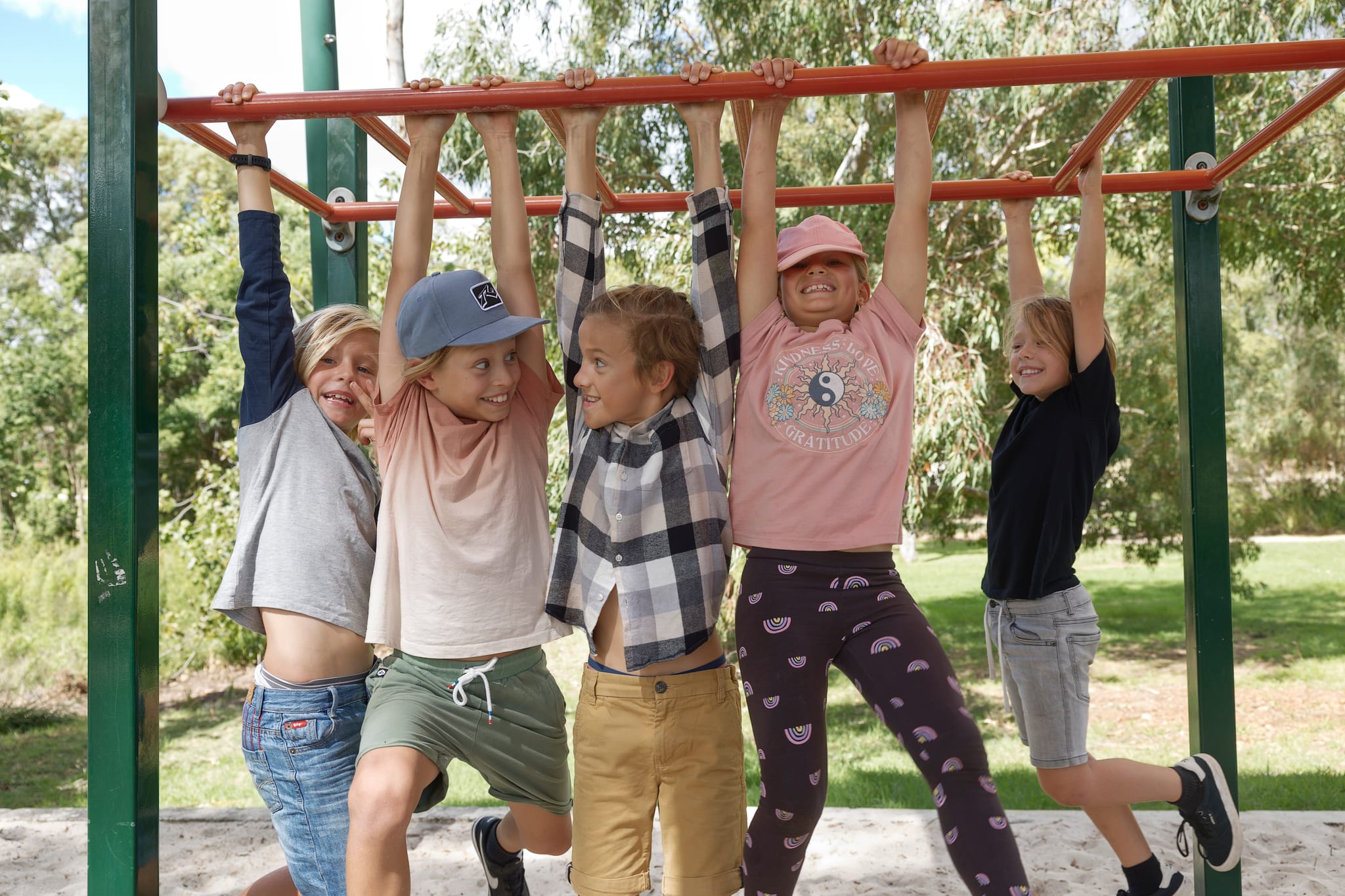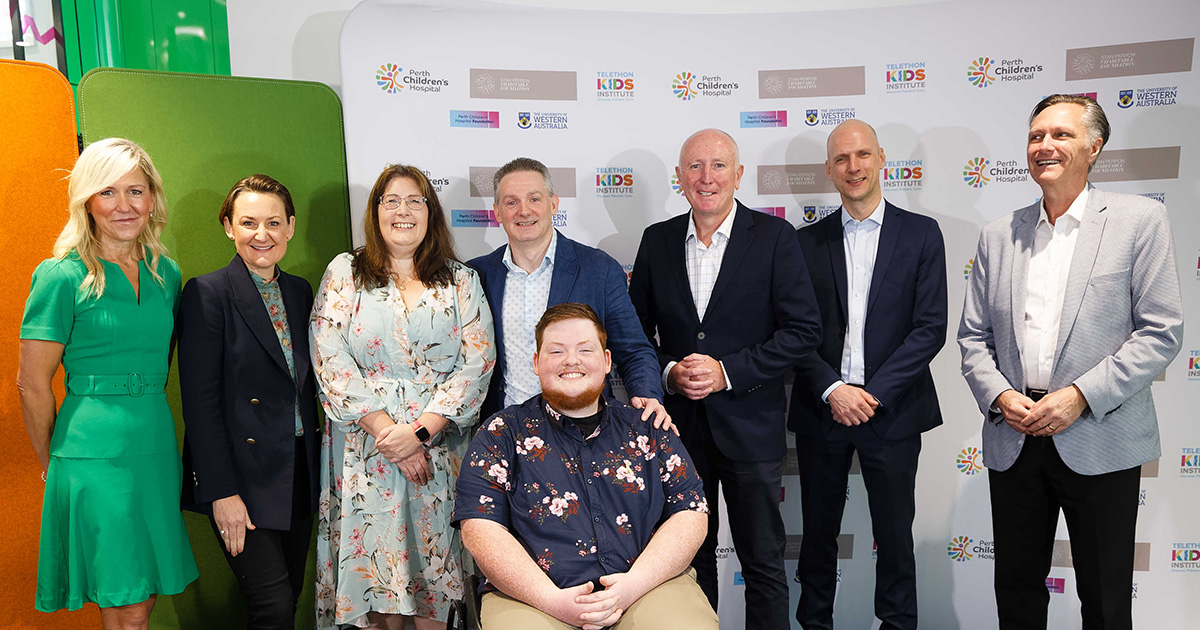Search
Research
A tipping point in cancer-immune dynamics leads to divergent immunotherapy responses and hampers biomarker discoveryPredicting treatment response or survival of cancer patients remains challenging in immuno-oncology. Efforts to overcome these challenges focus, among others, on the discovery of new biomarkers. Despite advances in cellular and molecular approaches, only a limited number of candidate biomarkers eventually enter clinical practice.
Research
Outcomes for Australian children with relapsed/refractory acute lymphoblastic leukaemia treated with blinatumomabWe report on the Australian experience of blinatumomab for treatment of 24 children with relapsed/refractory precursor B-cell acute lymphoblastic leukaemia (B-ALL) and high-risk genetics, resulting in a minimal residual disease (MRD) response rate of 58%, 2-year progression-free survival (PFS) of 39% and 2-year overall survival of 63%. In total, 83% (n = 20/24) proceeded to haematopoietic stem cell transplant, directly after blinatumomab (n = 12) or following additional salvage therapy (n = 8).
Research
Veliparib Is an Effective Radiosensitizing Agent in a Preclinical Model of MedulloblastomaMedulloblastoma is the most common malignant childhood brain tumor, and 5-year overall survival rates are as low as 40% depending on molecular subtype, with new therapies critically important. As radiotherapy and chemotherapy act through the induction of DNA damage, the sensitization of cancer cells through the inhibition of DNA damage repair pathways is a potential therapeutic strategy.
Research
Malignant Pleural Effusions—A Window Into Local Anti-Tumor T Cell Immunity?The success of immunotherapy that targets inhibitory T cell receptors for the treatment of multiple cancers has seen the anti-tumor immune response re-emerge as a promising biomarker of response to therapy. Longitudinal characterization of T cells in the tumor microenvironment (TME) helps us understand how to promote effective anti-tumor immunity. However, serial analyses at the tumor site are rarely feasible in clinical practice.
Research
Exploiting the reactive oxygen species imbalance in high-risk paediatric acute lymphoblastic leukaemia through auranofinThe prognosis for high-risk childhood acute leukaemias remains dismal and established treatment protocols often cause long-term side effects in survivors. This study aims to identify more effective and safer therapeutics for these patients.
Research
Are outcomes for childhood leukaemia in Australia influenced by geographical remoteness and Indigenous race?Presenting features, biology and outcome for childhood leukaemia are known to vary by ethnic origin, geographic location and socioeconomic group. This study aimed to compare presentation patterns, follow-up and clinical outcomes in Indigenous and non-Indigenous children with acute leukaemia in Australia, and to assess the impact of remoteness and area-based socioeconomic disadvantage on outcome.
Research
A surveillance clinic for children and adolescents with, or at risk of, hereditary cancer predisposition syndromesHereditary cancer predisposition syndromes (HCPS) account for at least 10% of paediatric cancers.1 Li‐Fraumeni syndrome (LFS) is a dominant HCPS caused by mutations in the TP53 gene and is associated with an 80–90% lifetime risk of cancer, commencing in infancy.2 Children of affected individuals are at 50% risk of inheriting the family mutation.
Research
RUNX2 regulates leukemic cell metabolism and chemotaxis in high-risk T cell acute lymphoblastic leukemiaT cell acute lymphoblastic leukemia (T-ALL) is an aggressive hematologic malignancy with inferior outcome compared with that of B cell ALL. Here, we show that Runt-related transcription factor 2 (RUNX2) was upregulated in high-risk T-ALL with KMT2A rearrangements (KMT2A-R) or an immature immunophenotype. In KMT2A-R cells, we identified RUNX2 as a direct target of the KMT2A chimeras, where it reciprocally bound the KMT2A promoter, establishing a regulatory feed-forward mechanism.

News & Events
Funding boost for childhood cancer research projectsProjects to improve outcomes for leukaemia patients and reduce skin cancer rates in young Aboriginal people have received funding through Cancer Council WA.

News & Events
Philanthropic legacy dedicated to seeing all kids with cancer survive and thriveOne of WA’s biggest ever philanthropic gifts will transform childhood cancer research and treatment by improving outcomes for children with cancer and discovering more effective and less toxic treatments.
